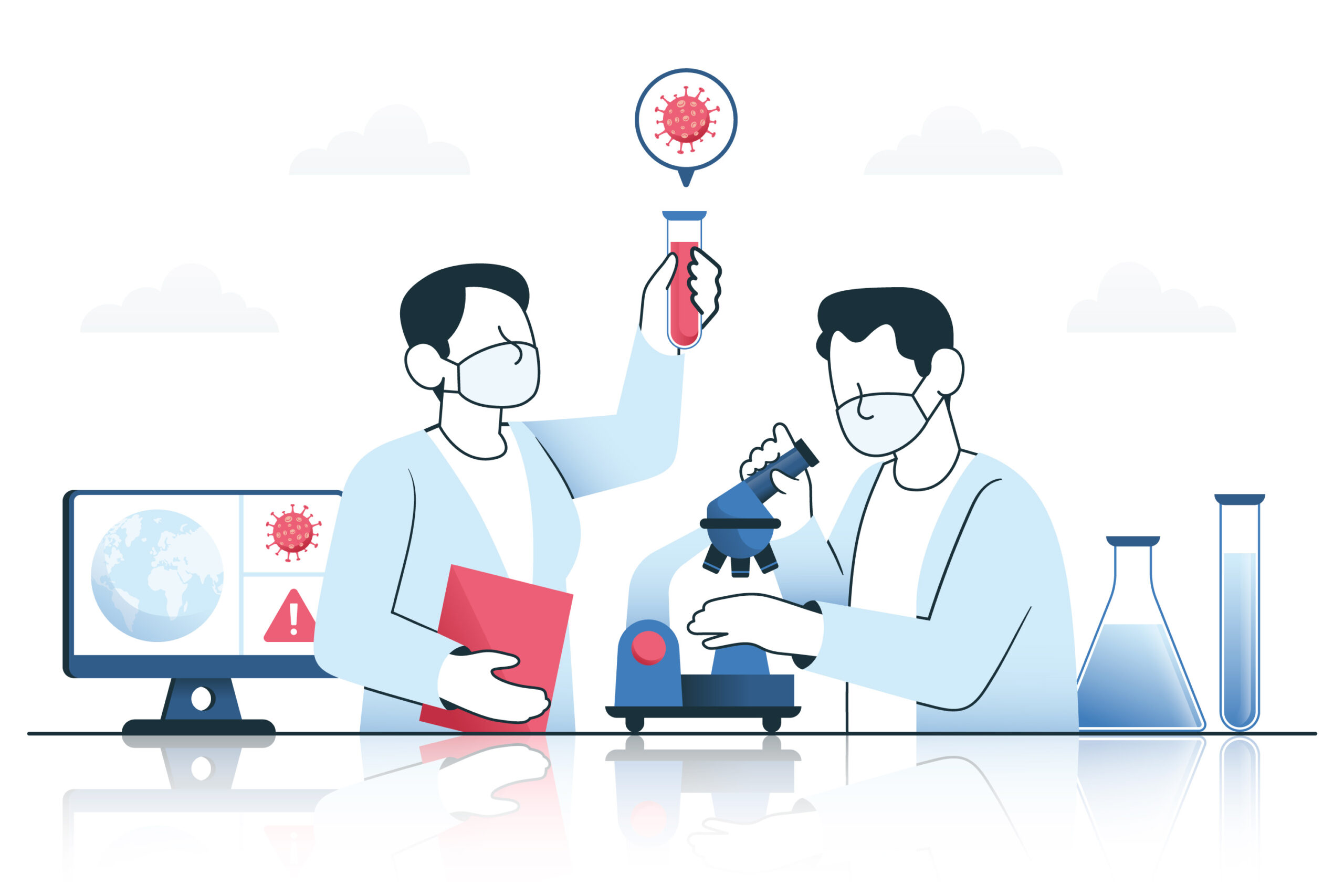
Connect the group for more preparation- https://chat.whatsapp.com/J7tS1rbECJ94D2wA00LlgA
As a fresher preparing for a Clinical Data Analyst interview, it’s essential to understand the basics of clinical data management, clinical trials, and data analysis. Since you’re starting fresh, the interviewers will likely focus more on your foundational knowledge, problem-solving abilities, and willingness to learn rather than experience.
1. Preparation for the Interview
- Understand Clinical Research: Familiarize yourself with the basics of clinical trials and their phases (I-IV). Know how data is collected during each phase.
- Learn About Clinical Data Management: Learn about the role of a Clinical Data Analyst, who is responsible for managing, analyzing, and validating clinical trial data to ensure accuracy and compliance.
- Study Basic Data Handling Tools: Although you may not have used clinical data management systems yet, familiarize yourself with common tools like Medidata Rave, Oracle Clinical, or OpenClinica.
- Regulatory Guidelines: Review ICH-GCP (Good Clinical Practice) guidelines and basic FDA regulations concerning clinical data handling.
- Get Familiar with Data Analysis Concepts: Brush up on basic statistics, as clinical data analysis often involves statistical evaluation. Understand common statistical terms and tools such as mean, median, standard deviation, and data visualization.
- Learn Common Terminologies: Know basic clinical trial and data management terminologies such as Adverse Events (AE), Case Report Forms (CRFs), Data Cleaning, and Protocol Deviation.
2. Key Skills Required
- Analytical Skills: Ability to review and interpret clinical data to ensure accuracy and identify any inconsistencies.
- Attention to Detail: Clinical data requires precise handling to avoid errors that could impact trial outcomes.
- Data Management Understanding: Even as a fresher, you should show an eagerness to learn clinical data management techniques and tools.
- Basic Statistical Knowledge: Familiarity with fundamental statistical methods is essential for interpreting clinical data.
- Communication Skills: Ability to communicate findings clearly and collaborate with teams such as clinical operations, data management, and statisticians.
- Problem-Solving Skills: Capacity to identify data discrepancies and resolve them through logical thinking.
3. Common Interview Questions and Suggested Answers
Basic Clinical Research/Clinical Data Knowledge Questions:
- Q1: What do you understand about the role of a Clinical Data Analyst in a clinical trial?
A1: A Clinical Data Analyst ensures that the data collected during clinical trials is accurate, complete, and adheres to regulatory standards. They also clean and validate data, generate reports, and ensure that the data is ready for analysis and submission to regulatory authorities. - Q2: What are the different phases of a clinical trial?
A2: Clinical trials typically have four phases:- Phase I: Focuses on testing the safety of a drug in a small group of healthy volunteers.
- Phase II: Assesses the efficacy of the drug in a larger group of people with the condition.
- Phase III: Involves a larger population to confirm the drug’s effectiveness and monitor side effects.
- Phase IV: Occurs after the drug has been approved to monitor long-term effects and gather additional information.
- Q3: What is a Case Report Form (CRF), and why is it important?
A3: A CRF is a standardized document used to collect data from each participant in a clinical trial. It ensures that data is consistently captured and reported across all trial sites. Accurate CRF data is critical for evaluating the safety and efficacy of the investigational drug.
Data Management Questions:
- Q4: How do you ensure data accuracy when working with large datasets?
A4: Data accuracy is ensured by running validation checks, performing data cleaning, and using queries to resolve any discrepancies. Attention to detail and careful review of the source documents help identify any inconsistencies or errors. - Q5: What do you understand by data cleaning in clinical trials?
A5: Data cleaning involves identifying and correcting or removing errors, inconsistencies, or missing values in the dataset. This process ensures that the data is accurate and complete, which is crucial for generating reliable trial results. - Q6: How would you handle missing data in a clinical dataset?
A6: Missing data should first be investigated by reviewing the source documents to see if the data can be retrieved. If it cannot, it should be documented, and appropriate methods (such as imputation or exclusion) should be used during the analysis, depending on the nature and extent of the missing data.
Technical/Statistical Questions:
- Q7: How familiar are you with statistical tools like SAS, SPSS, or Excel?
A7: While I’m familiar with basic statistical methods and data handling techniques in Excel, I’m eager to learn more advanced tools like SAS or SPSS. I have a foundational understanding of data analysis, including basic descriptive statistics and data visualization. - Q8: Can you explain the difference between mean, median, and mode?
A8:- Mean is the average of a set of numbers.
- Median is the middle value when the numbers are arranged in order.
- Mode is the number that appears most frequently in a dataset.
- Q9: How would you visualize data from a clinical trial?
A9: Data can be visualized using graphs and charts, such as bar graphs, line charts, or pie charts, depending on the data type. For instance, a line graph may be used to show the progression of a patient’s health metrics over time, while bar charts can be used to compare categorical data.
Scenario-Based Questions:
- Q10: You find an inconsistency in the clinical trial data between two sites. How would you address this?
A10: I would first review the CRFs and source documents from both sites to identify the cause of the inconsistency. If the discrepancy remains unresolved, I would raise a query with the site coordinators to get clarification and update the data once the issue is resolved. - Q11: How would you ensure that a clinical trial meets regulatory requirements for data integrity?
A11: Ensuring regulatory compliance involves following SOPs, performing regular quality checks on the data, and maintaining an audit trail for any data corrections. Adhering to ICH-GCP and other regulatory guidelines is essential to guarantee data integrity.
Behavioral Questions:
- Q12: Describe a time when you had to pay close attention to detail in a project.
A12: During my academic research, I worked on a project where data accuracy was crucial. I had to carefully verify and validate data inputs for my statistical analysis to ensure that my conclusions were reliable. I double-checked each data point to ensure there were no errors or inconsistencies. - Q13: How do you handle tasks with tight deadlines?
A13: I prioritize tasks based on their urgency and impact. By creating a schedule and breaking down tasks into manageable parts, I stay focused and meet deadlines efficiently. Clear communication with team members also helps in managing expectations and ensuring the quality of my work.
Learning and Growth Questions:
- Q14: As a fresher, what steps would you take to learn and grow in this field?
A14: I’m eager to learn from more experienced colleagues and take any training opportunities offered. I plan to stay updated on clinical data management best practices, regulatory changes, and improve my technical skills by learning tools like SAS and Medidata Rave. - Q15: Why do you want to work as a Clinical Data Analyst?
A15: I have a passion for data and healthcare, and I believe that as a Clinical Data Analyst, I can play a key role in ensuring that clinical trials are conducted efficiently and ethically. The combination of data management and patient safety appeals to me, and I’m excited about contributing to advances in medical research.














